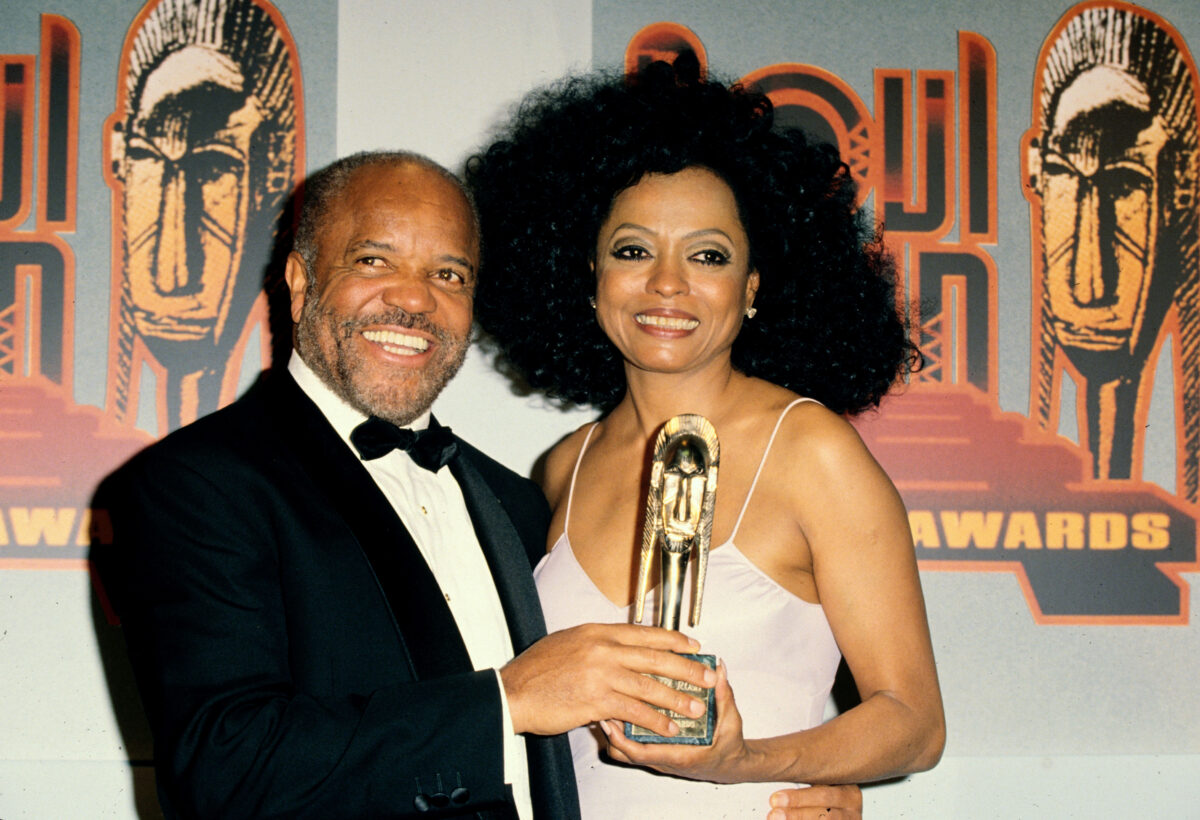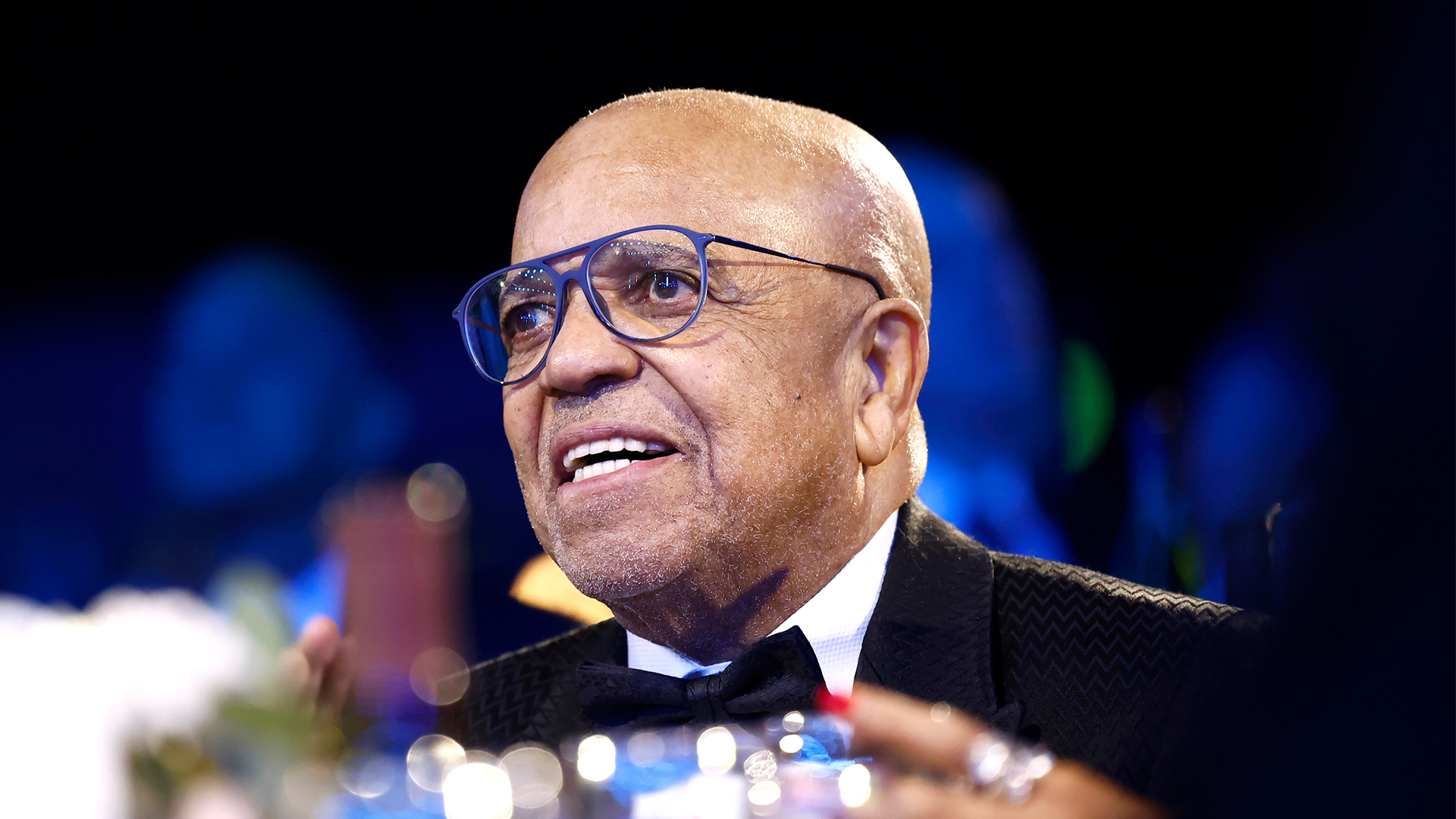Berry Gordy became a music force thanks to an investment from his family.
Before Becoming A Record Executive
Before becoming a famed record executive, he pursued various other ventures, partly driven by his father’s influence as an entrepreneur. The Telegraph reports that Gordy’s father owned several businesses, involving his family in several endeavors, including a plastering and carpentry business, a general store, and a printing shop.
As for Gordy, he would explore becoming an amateur boxer, which prompted his exit from high school to turn professional. However, this venture reached a dead end, per The Telegraph. He then switched gears and served in the U.S. Army in Korea but was discharged. Gordy managed to finance a record store with his earnings, but it would shut down after two years. His next move was working at a nearby Ford Motor Co. plant, earning $85 per week, according to the Orlando Sentinel. During this time, he also nurtured his love for songwriting.
“I wanted to have a kid off the street walk in one door unknown and come out another door a star, like an assembly line; that was my dream,” he told the Telegraph in 2016. “My family said, that’s stupid. Those are cars. You can’t do that with human beings. I said, well, it’s the same thing – the artists come in, and you have one group writing the songs and producing them, then somebody else works on their stage performance, and so on. People would say, well, that’s never been done before. Well, maybe that’s the reason we should do it!”
Gordy created six hits for Jackie Wilson, including “That’s Why (I Love You So),” “I’ll Be Satisfied,” and” Lonely Teardrops,” which reached the top spot on the R&B charts. However, due to the limited revenue he was receiving in royalties, he decided to launch his own record label.
Family’s Savings Fund
Gordy would lean on his family to bring his vision of becoming a label owner to life. The New York Times mentions Gordy stated in his 1994 memoir “To Be Loved” that his family had created a savings fund and $10 would come from each member on a monthly basis.
To borrow money from the savings fund, an individual must pitch during a family meeting and receive a unanimous green light of approval for the requested amount. In 1959, at 29 years old, Gordy would receive an $800 loan with a 6% interest rate owed in one year. Failure to fulfill the agreement would lead to future royalties being allocated to the savings fund.
“I went to my family, and they were skeptical about giving me money,” Gordy said, according to Orlando Sentinel. “They said, ‘You’re 29, and you’re a failure.’ It’s funny, but I never thought of how old I was. I just knew I would be a success someday, however long it took.”
How The Label Launched The Careers Of Some Of The Greatest Artists Of All Time
In 1959, Gordy launched Tamla Records and would add the Motown label in that same year, per Detroit Historical Society. The label is responsible for creating some of the most prominent artists of all time, beginning with William “Smokey” Robinson, who met Gordy at age 17.
“Really, Smokey is the soul of Motown. I taught him how to write songs – and that was probably my biggest mistake,” Gordy explained, according to The Telegraph. “Because he started right away writing great stuff. His lyrics were so meaningful; he would write songs, even ones that didn’t become big hits, that I just loved, like ‘I’ll Try Something New.'”
Robinson would help Motown score their first million-seller thanks to the single “Shop Around” featuring The Miracles, The Telegraph reports.
Motown also pushed forward the careers of The Supremes, Stevie Wonder, Michael Jackson and The Jackson 5, Marvin Gaye, Lionel Richie and the Commodores, Martha Reeves and the Vandellas, and Diana Ross, who he dreamed of making “the biggest star in the world.”

Selling The Company For $61 Million
The label’s success led to it being deemed “the largest black-owned business in the nation between the 1960s and 1980s” by Black Enterprise. Gordy would sell the company in 1988 to MCA Inc. and Boston Ventures Limited Partnership, pocketing $61 million from the deal, according to the Los Angeles Times. The company was then later sold to Universal, per The Daily Telegraph.
He validated the sale, explaining, “Well, number one, it was no fun anymore. And two, I wanted to take the legacy and put it in stronger hands. It was Smokey who told me that it doesn’t matter who owns Motown; what’s important is the legacy – and I wanted to protect that.”

